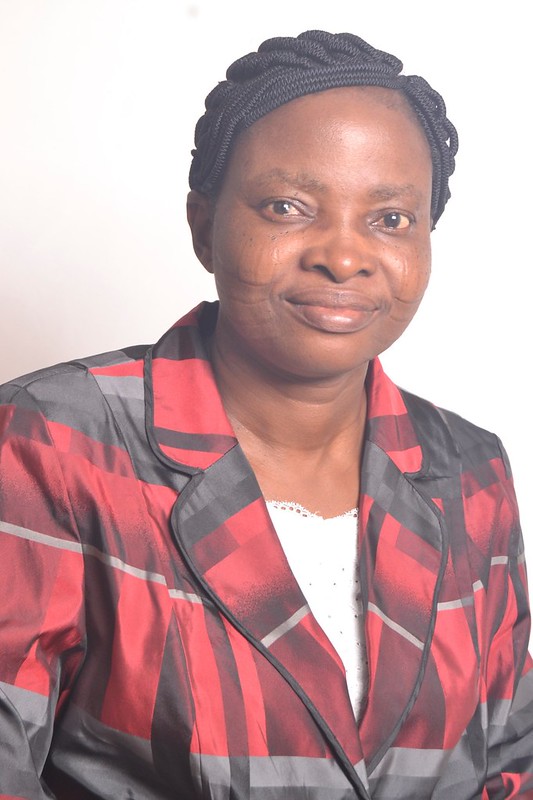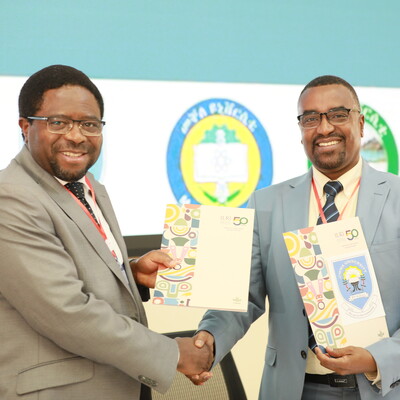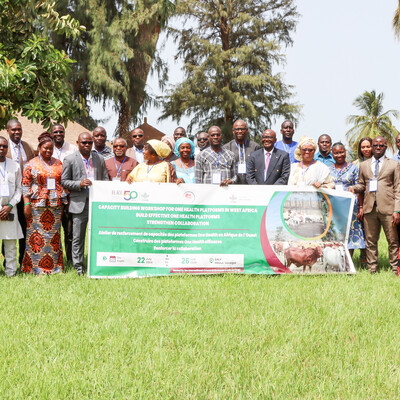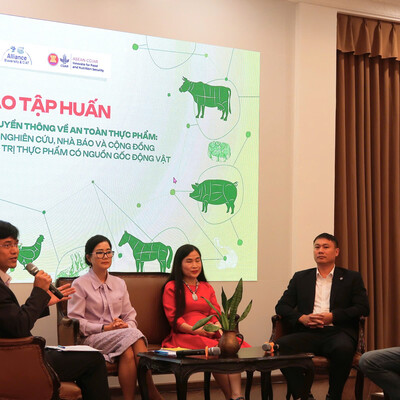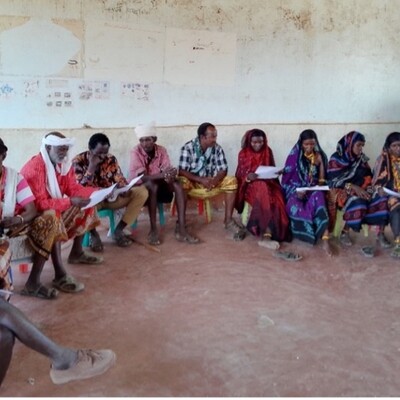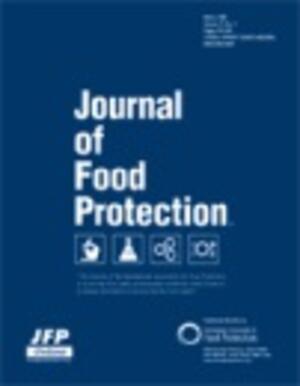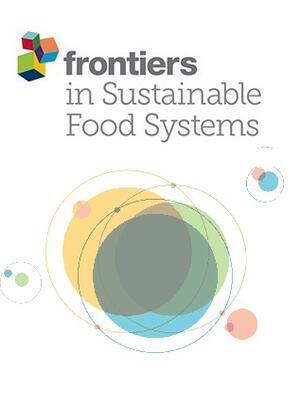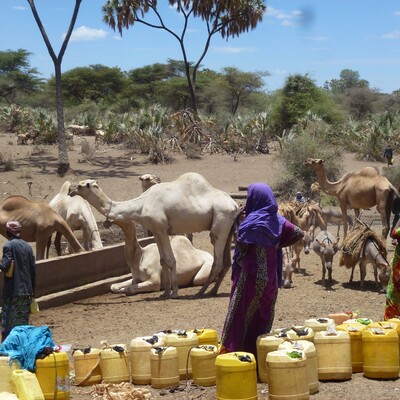
Voices on chicken genetics: Women empowerment is people’s empowerment for sustainable development
Olanike Deji, gender focal person in Nigeria for the Africa Chicken Genetic Gains (ACGG) project, introduces herself and her work in one of a series of portraits of key people in the project.
Tell us about your background
I hold degrees in agricultural extension and rural sociology (bachelors, MPhil and PhD). My areas of specialization are the use of gender as a tool in agricultural innovations’ adoption, technology transfer, rural livelihood, women and youth empowerment, sustainable rural community development studies, adaptive gender responsive agricultural research and use of qualitative and quantitative tools in community profiling.
What is your role in ACGG and what are you currently working to accomplish?
I am the gender focal person for the ACGG project in Nigeria. I am currently working to ensure gender is sustainably integrated into the project working groups and activities. I also want to ensure that community and national innovation platforms (IPs) are gender responsive and friendly and that women’s empowerment becomes a passion and vision of all ACGG staff and community members.
What is the next piece of work you are focusing on right now?
My next action plan is to pilot the ACGG empowerment tool in purposefully selected project communities in order to assess the local understanding and acceptability of the concept of gender empowerment and identify empowerment indicators that could be adopted to monitor and evaluate the project’s impact on women chicken farmers’ empowerment.
Why does this project matter and what gets you excited about it?
ACGG matters because it focuses on a neglected but significant and beneficial agricultural enterprise (chicken production) and women’s empowerment, which has been empirically confirmed to be central to Nigeria’s food security and sustainable development.
I am excited about this project because its ‘theory of change’ and concept of empowering women through chicken production is feasible. From my childhood experience, rearing and selling local chickens by women in my community, including my mother, provided money for food and schooling and greatly enhanced their financial and social security. During those days, chicken meat and eggs were the rare sources of protein for the children of the less privileged women like my mother. I am very excited to see that poor women now have a much better chance of getting empowered through chicken farming.
What about the project causes concern for you and how could this be addressed?
The main cause of concern for me is the creation of an enabling environment for women’s empowerment and enhancing the sustainability of ACGG’s outcomes in Nigerian communities.
I think getting over this concern requires: understanding the cultural implications of women’s empowerment at the local community level; conducting regular gender sensitization meetings for men, women and male and female youths; developing both men and women as ‘gender equality and women empowerment champions’ and gender focal persons; and engaging men in all the activities for women’s empowerment through chicken farming.
What do you foresee as the lasting impact of ACGG?
I foresee that the lasting ACGG impact in Nigeria could be that women become actively and profitably involved at nodes along the chicken value chain. I also foresee an expansion of women’s choice and their voices becoming more strengthened, accepted and valued at the household and community levels; and men and youth becoming gender and women empowerment champions in communities.
Any other thought?
Women empowerment is people’s empowerment for sustainable development





